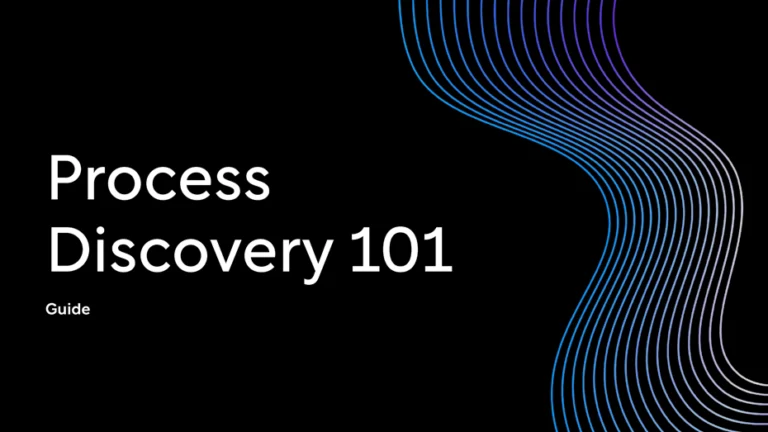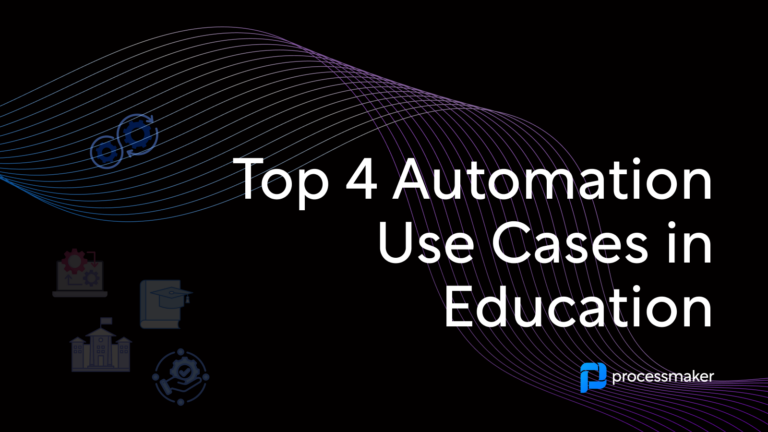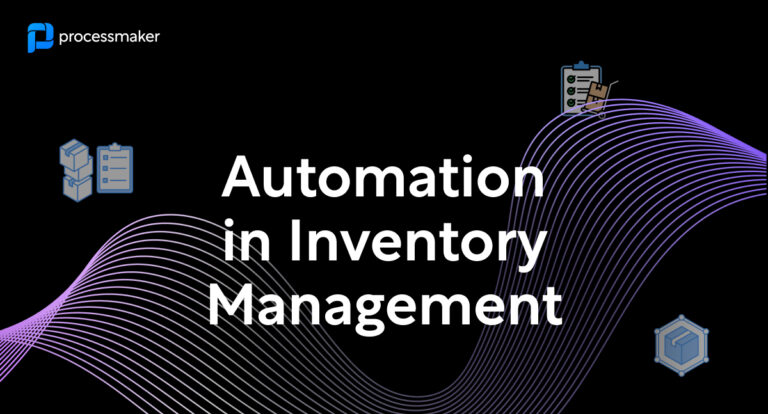The trend in business processes is undeniably moving away from slow, manual methods and toward greater automation and decentralization. Automating your processes has a number of benefits: completing tasks faster, increasing visibility, standardizing outputs, reducing errors, and lowering costs, just to name a few.
Although automation has done a great deal to help companies become more efficient and productive, there’s further change on the horizon. In particular, blockchain workflow automation can help organizations that rely heavily on transactions and document-based processes to take the next step in their digital transformation.
What is Blockchain Technology?
Originally created for the digital currency Bitcoin, blockchain technology has since been applied to a variety of other uses. The key concept of blockchain is a shared database that is distributed across multiple computers.
Transactions are represented as “blocks,” and everyone who is part of the blockchain network can view the complete record of transactions in the database. Other members of the network must approve a transaction before it is added to the database.
The Benefits of Blockchain Technology
- Transactions are more secure: The blockchain is both distributed across multiple systems and immutable, which means that no one can alter the blockchain alone.
- Increased data integrity: Blockchain networks are self-auditing since the network verifies the data every ten minutes. All parties are immediately made aware of changes and can access the data history.
- Increased transparency and accessibility: All records in the blockchain are shared and publicly accessible among all nodes in the network.
- Compliance is greatly improved: Because records in the blockchain cannot be modified once saved, regulators can easily use this audit trail to verify compliance.
- Fraud is completely eliminated: The blocks in the blockchain are linked to each other and secured using cryptography, making them almost impossible to falsify.
- Transaction costs decrease dramatically: Using the blockchain removes the need for third-party intermediaries to handle transactions, charging an overhead fee in the process.
BPM and the Future of Blockchain Technology
The concept linking business process management (BPM) and blockchain technology is the smart contract. You can think of a smart contract as an automated lawyer or middleman that mediates a transaction between two entities.
One good analogy for a smart contract is a vending machine. Instead of having to buy a drink from a store or directly from the manufacturer, the machine acts as the middleman. It accepts your money, verifies that you’ve provided the correct amount, and then gives you the beverage that you’ve selected.
Similarly, smart contracts are software protocols that help people exchange money, property, or any other item of value. Smart contracts are “self-executing,” meaning that the terms of the contract are hard-coded into the program. If the first party provides the funds that both parties have agreed to, then the contract can automatically release the item.
Smart contracts are intricately linked with blockchain technology: the contracts can be approved or rejected based on user credentials verified by the blockchain. Not only can smart contracts help facilitate business and legal transactions, they can also be used for applications such as crowdfunding and voting.
How Can Smart Contracts Work with Workflow Automation Software to accelerate Digital Transformation?
Workflow automation software can work together with smart contracts to make full use of their possibilities and integrate them into existing business processes. For example, process maps can be used to depict and visualize the desired flow of smart contracts at important touchpoints. Users can also drill down to find bottlenecks where the smart contract has thrown an exception and optimize the flow.
Workflows can send email notifications to alert users when contracts are about to expire and begin the creation of a new smart contract. You can extract information from the smart contracts and use it in other processes, such as filling in other related documents or triggering an event. In addition, you can bring in data from other processes into the smart contract.
What Does Blockchain Mean for BPM Software?
Automation
Blockchain technology and smart contracts eliminate the need for middlemen to enforce contracts, verify transactions, or perform background checks. This means that BPM software can more fully automate business processes and manage new technology embedded in the process.
You should think of BPM software as the technology most suited to naturally complement smart contracts. A smart contract is almost always a part of a more complex and larger business process, which can be managed with BPM software.
Deploying Blockchain to encapsulate the BPM Audit Trail
Fundamentally, blockchain is about increasing trust between the members of a network. In turn, by increasing trust, you reduce the need for the friction and inefficiencies of multiple layers of middlemen.
BPM creates a digital trail of transactions. This digital trail can be stored as a Blockchain that is practically impossible to falsify, making audits much smoother. Auditing and compliance processes will become faster and more efficient, transferring the benefits of blockchain technology to the customer.
Final Thoughts
Blockchain technology is just one of the ways that automation and business process management promise to evolve in the near future. To find out how your company can use BPM software to optimize your processes, check out our free trial of ProcessMaker Enterprise Edition.





